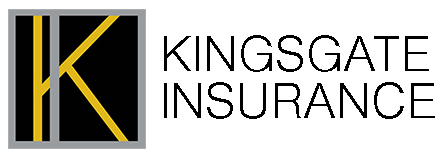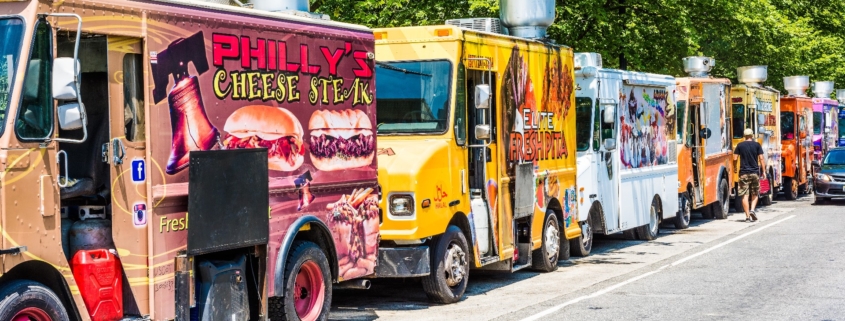Food Truck Insurance: Protecting Your Mobile Culinary Business
Food trucks have become a popular and thriving segment of the culinary industry, offering delicious and convenient meals to hungry customers on the go. If you own or operate a food truck, it’s essential to protect your business and investments by securing proper insurance coverage. In this blog post, we will explore the importance of food truck insurance and the key considerations to keep in mind when selecting a policy.
1. Understanding Food Truck Risks:
- Operating a food truck involves various risks that are unique to mobile culinary businesses. These risks may include accidents on the road, equipment breakdowns, food spoilage, property damage, and liability issues. Recognizing these potential hazards is crucial in determining the types and levels of insurance coverage required to safeguard your business.
2. Essential Insurance Coverage for Food Trucks:
- General Liability Insurance: This coverage protects your business against third-party claims for bodily injury, property damage, or personal injury. It is crucial as it helps cover legal expenses, medical bills, and potential settlements resulting from accidents or injuries that occur on your premises or as a result of your operations.
- Commercial Auto Insurance: Given that food trucks are mobile businesses, commercial auto insurance is essential. It covers accidents, collisions, and property damage involving your food truck, as well as injuries sustained by other drivers or pedestrians.
- Property Insurance: This coverage protects your food truck and its contents against theft, fire, vandalism, or natural disasters. It can also include coverage for equipment breakdowns and food spoilage, ensuring that you can recover financially from unexpected incidents.
- Workers’ Compensation Insurance: If you have employees, workers’ compensation insurance is typically required by law. It provides coverage for medical expenses and lost wages in the event of work-related injuries or illnesses suffered by your employees.
- Umbrella Insurance: An umbrella policy offers additional liability coverage beyond the limits of your primary general liability policy. It provides an extra layer of protection for significant claims that may exceed your base coverage limits.
3. Factors to Consider When Choosing Food Truck Insurance:
- Assess Your Risks: Evaluate the unique risks associated with your food truck business, considering your location, menu, number of employees, and the types of events or venues you serve. This assessment will help determine the appropriate coverage needed.
- Work with an Experienced Agent: Find an insurance agent or broker with expertise in food truck insurance. They can help you understand your coverage options, tailor a policy to your specific needs, and ensure you have adequate protection.
- Review Coverage Limits and Deductibles: Carefully review the coverage limits and deductibles of each policy. Ensure that your coverage limits are sufficient to protect your business adequately, and the deductibles are reasonable for your budget.
- Consider Customer Safety: Foodborne illnesses or incidents involving customers can lead to lawsuits. Look for coverage that includes product liability insurance to protect your business from such risks.
Conclusion:
Securing comprehensive insurance coverage is vital for the success and longevity of your food truck business. By understanding the risks involved and selecting the right insurance policies, you can protect your investment, ensure business continuity, and have peace of mind knowing that you’re prepared for any unforeseen circumstances. Please reach out to our office today to create a tailored insurance plan that meets the unique needs of your food truck venture.







Leave a Reply
Want to join the discussion?Feel free to contribute!